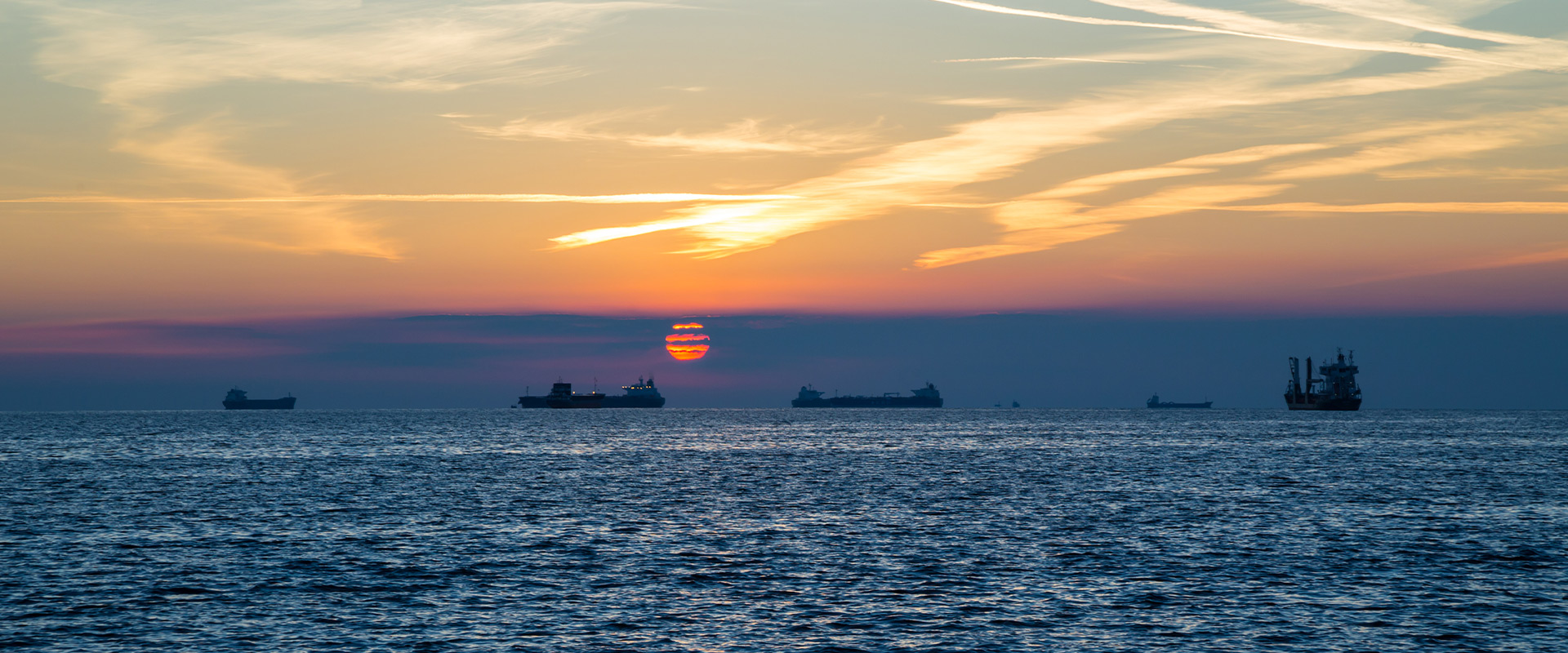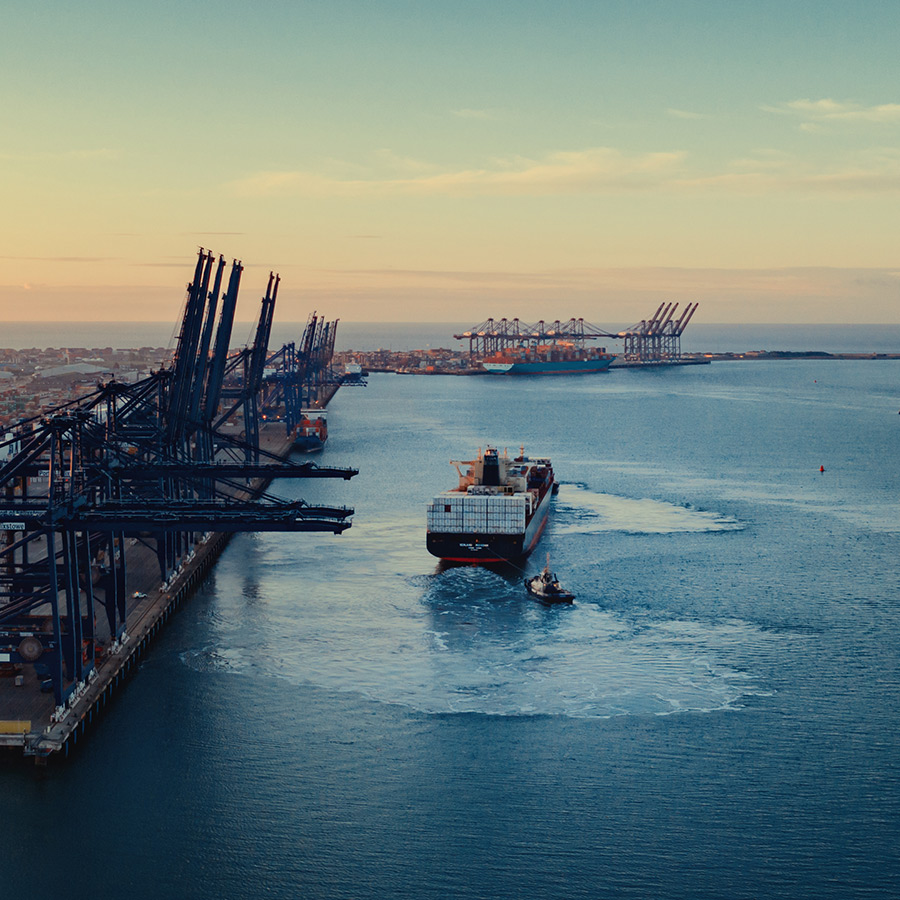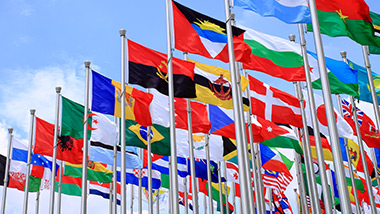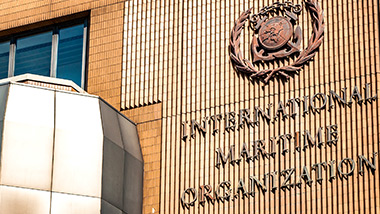In 2023, the IMO adopted a revised strategy, marking a notable acceleration in emissions reduction goals from five years earlier. The strategy was developed by the Maritime Environment Protection Committee (MEPC)
MEPC 80 refers to the 80th session of the MEPC held in July 2023. The session resulted in a revised strategy and a significant step forward in the IMOs sustainable ambitions within the shipping industry. The revised strategy holds the goal of achieving net-zero emissions by or around 2050.
One of the most notable changes introduced in the revised strategy was the establishment of higher 'levels of ambition'. Besides the the 2050 target, this implies that the strategy outlines specific indicative checkpoints to guarantee the maritime sector remains on track to meet decarbonisation objectives. These checkpoints consist of:
1) Reducing the total annual greenhouse gas (GHG) emissions from international shipping by at least 20%, striving for 30%, by 2030, compared to 2008.
2) Reducing the total annual GHG emissions from international shipping by at least 70%, striving for 80%, by 2040, compared to 2008.







